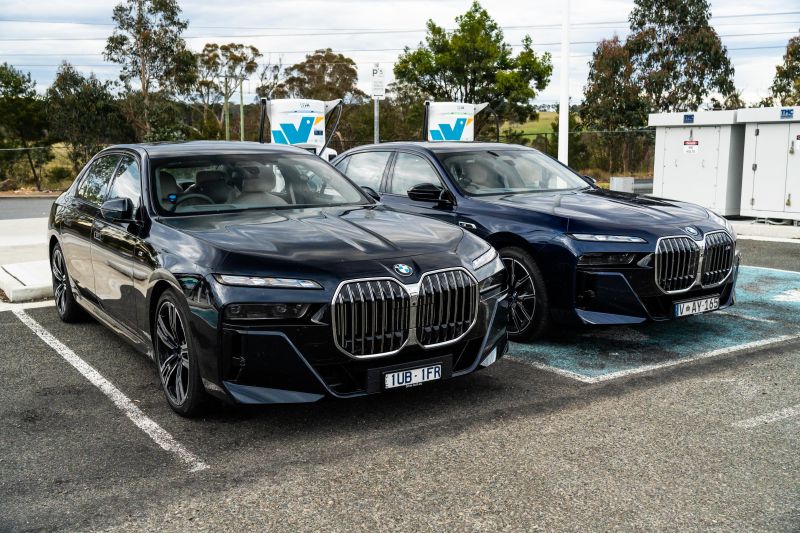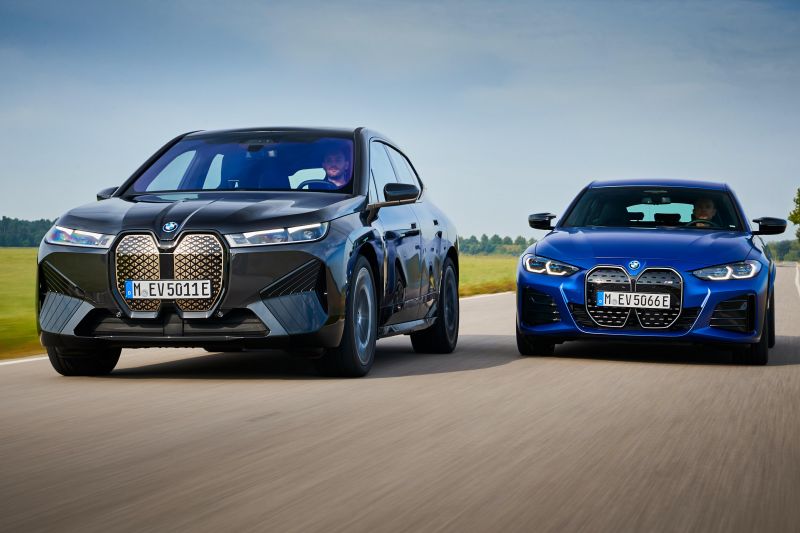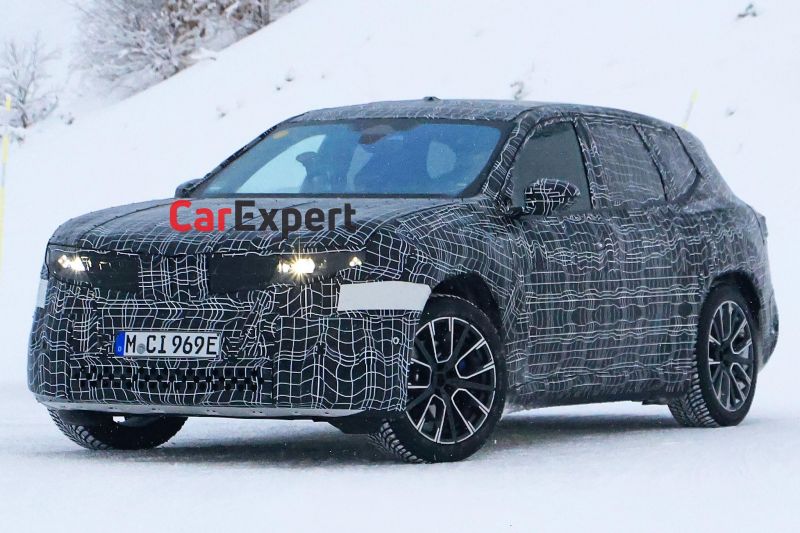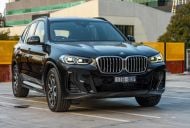BMW says sales of its combustion-powered vehicles has already reached a “tipping point”, and are expected to fall.
“The tipping point for the combustion engine is already there,” said CFO Walter Mertl in remarks reported by Reuters.
“The current sales plateau for combustion cars will continue and then fall slightly,” he added, pointing to looming regulatory changes in markets such as the European Union.
The company says most of its sales growth comes from its expanding line-up of electric vehicles (EVs), which accounted for 15 per cent of its overall sales in 2023.
By 2026, it expects EVs to account for 33 per cent of its sales, by which point margins for these and its combustion-powered vehicles alike will reach parity.
Mr Mertl also noted discounting is likely for vehicles in certain price ranges, though he didn’t provide any further detail.
BMW claimed the global luxury sales crown in 2023, selling 2,253,835 vehicles – an “all-time” sales record for the company.
EV sales increased by 92.2 per cent over 2022, with 330,596 electric BMWs sold.
The company noted the electric iX1 and i4 were “among the main sales drivers” for the brand. The latter’s M50 variant was the best-selling M-badged model, helping increase overall BMW M sales by 14.3 per cent to 202,530 vehicles.
The company now sells electric versions of its 4 Series, 5 Series, 7 Series, X1, X2 and X3, plus the standalone iX.
It’s getting ready to roll out a range of vehicles on the dedicated electric Neue Klasse architecture, starting in 2025.
It plans to roll out six vehicles on this platform between 2025 and 2027, including sedans and SUVs.
Despite this huge expansion of its EV line-up, BMW hasn’t announced a cut-off date for production of combustion-powered vehicles.
It has instead committed to a multi-pathway strategy consisting of combustion, electric and hydrogen power.






